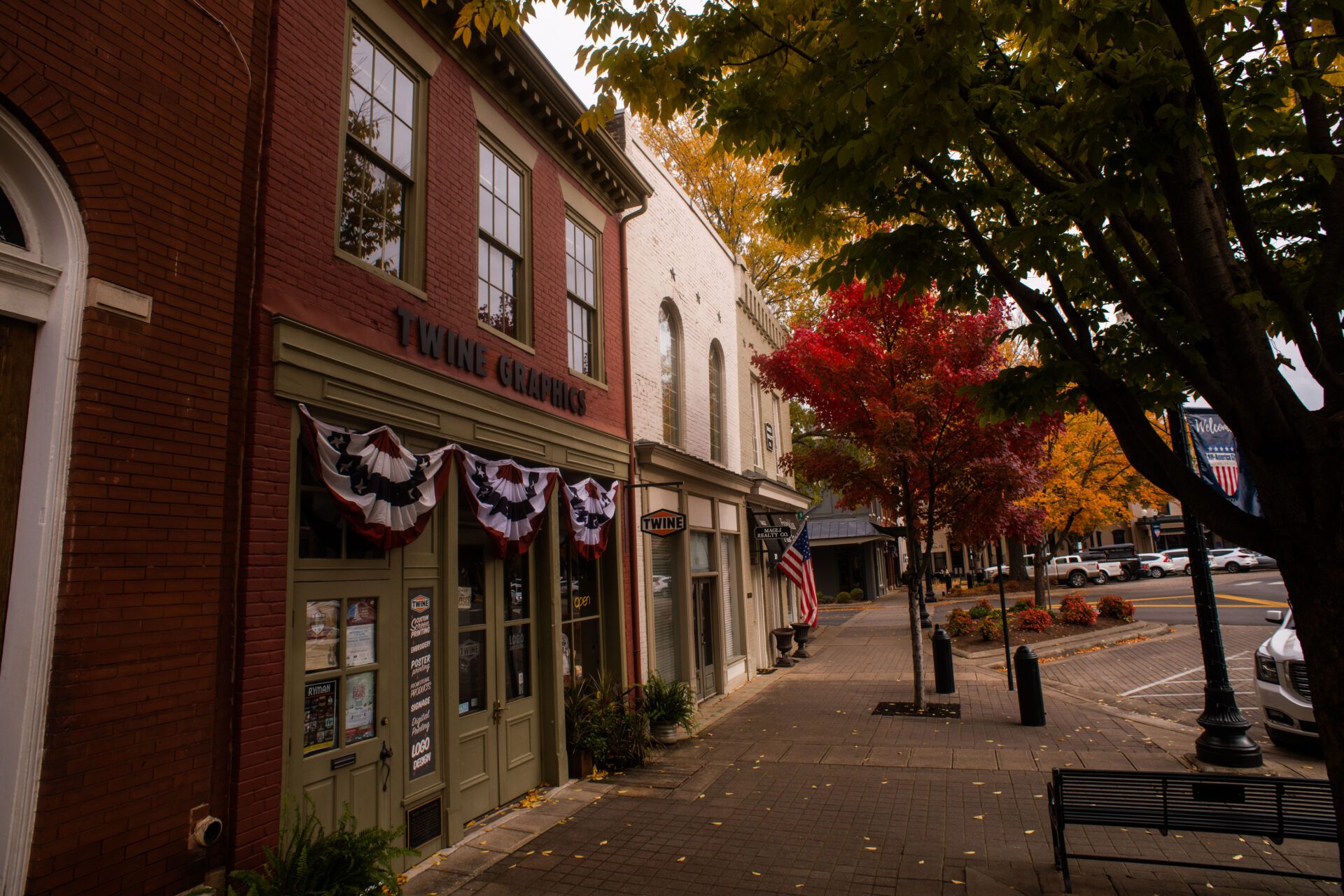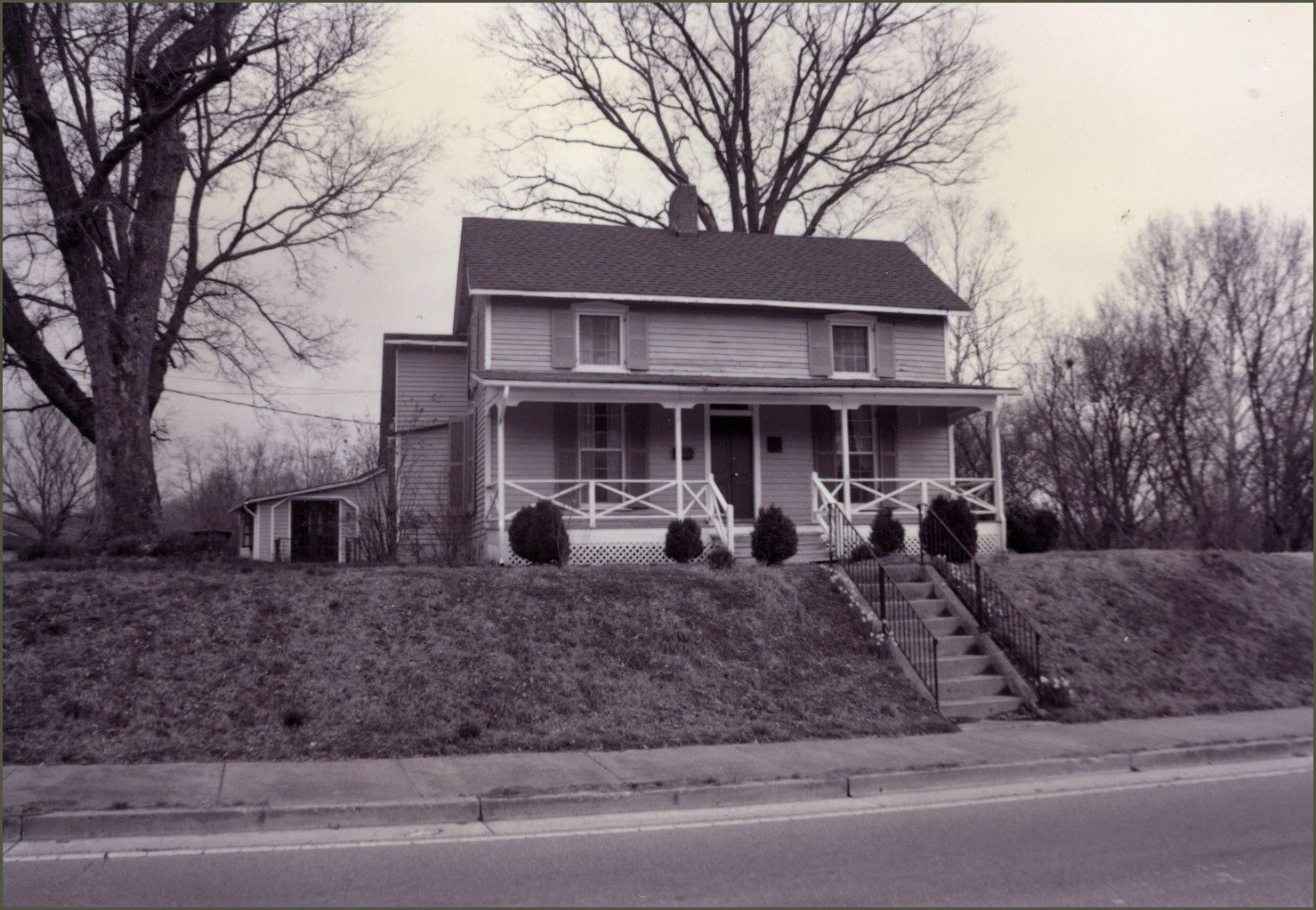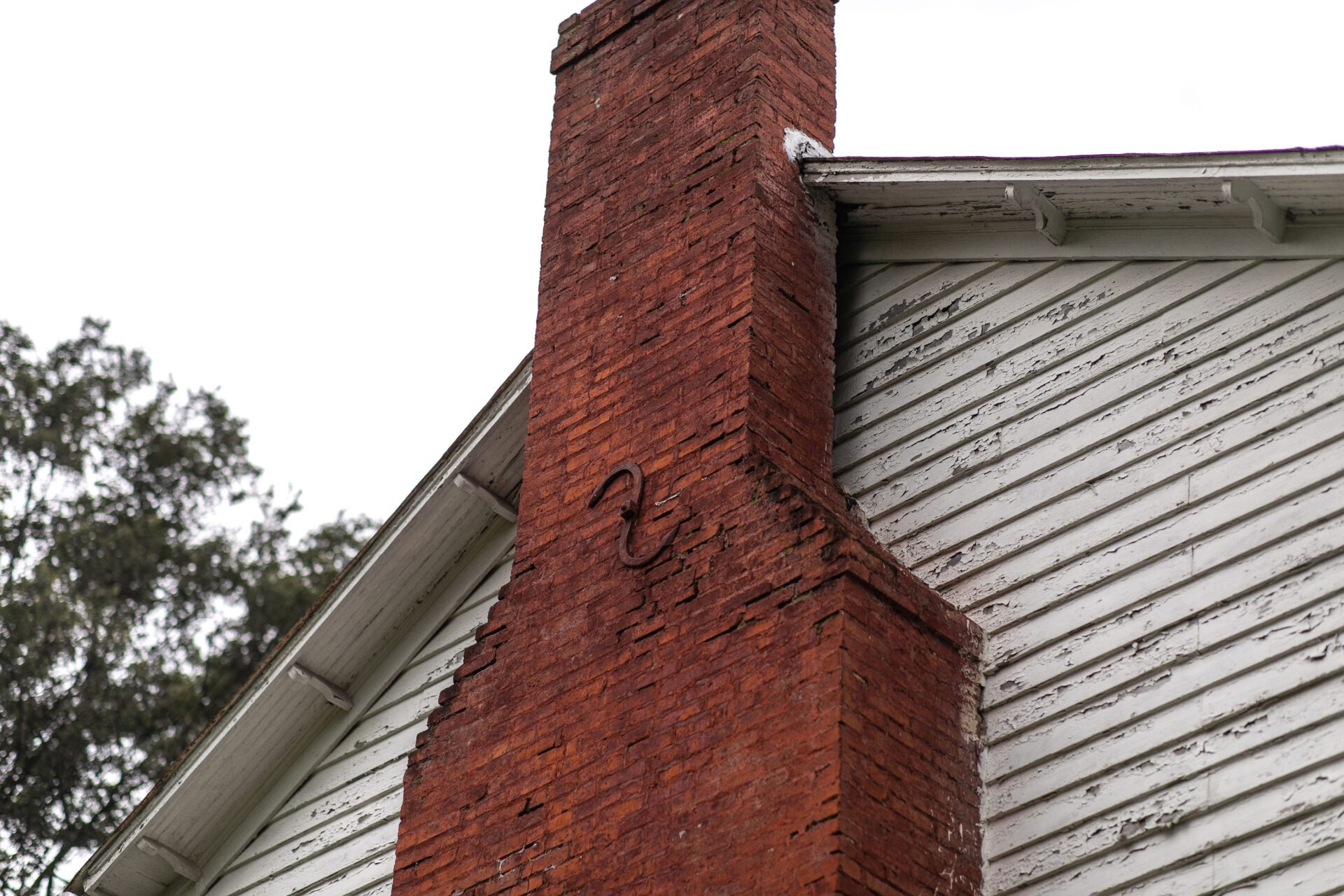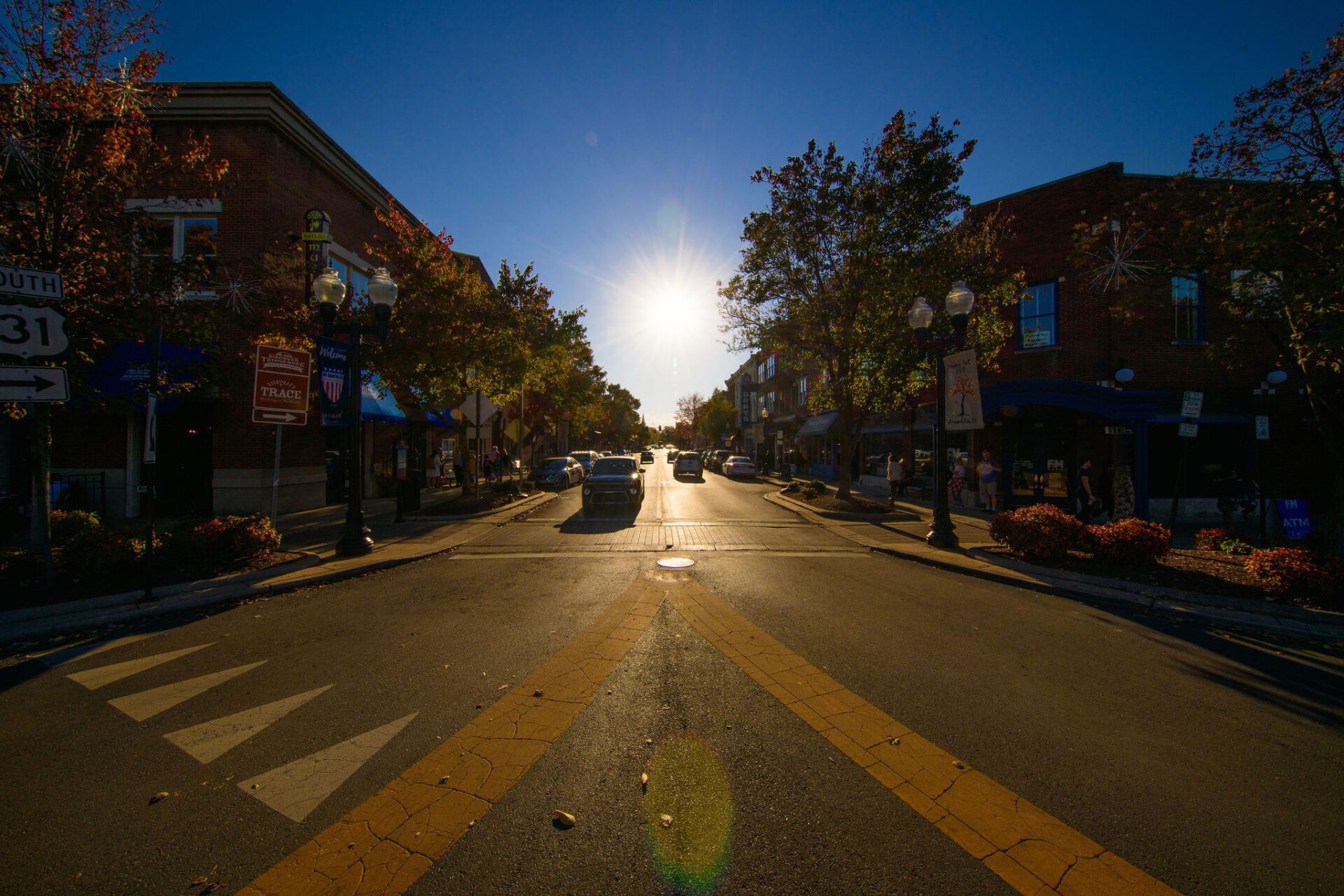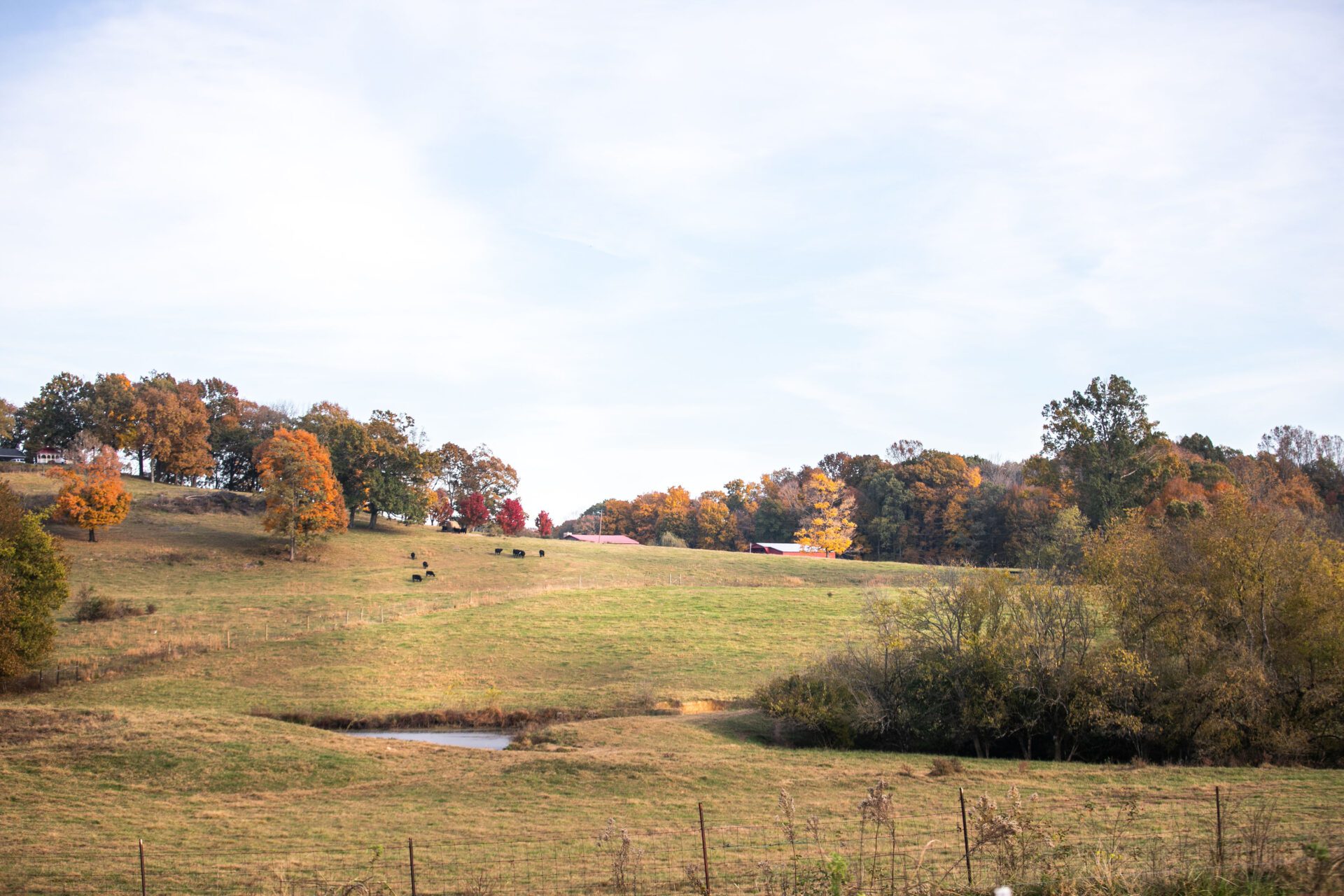What is a preservation easement?
A preservation easement is a type of conservation easement— a private, legal agreement between a property owner and a qualified nonprofit organization, like the Heritage Foundation, or governmental agency, such as the Tennessee State Historic Preservation Office (SHPO), for the purpose of protecting a historic property's significant architectural and landscape features. Preservation easements may also be referred to as "preservation covenants" or "preservation restrictions.” These terms are often used interchangeably.
A preservation easement is recorded with the deed and local land records. This agreement grants the easement holder certain rights and responsibilities required of perpetual preservation. A preservation easement does not prevent future sales, leases, or estate planning. Preservation easements are tailored to the unique needs of each historic property and property owner. They can prohibit demolition, prevent lot subdivision, preserve and maintain historic exterior elevations, landscape features, and even interior features, floor plans, finishes, and more if so desired.
